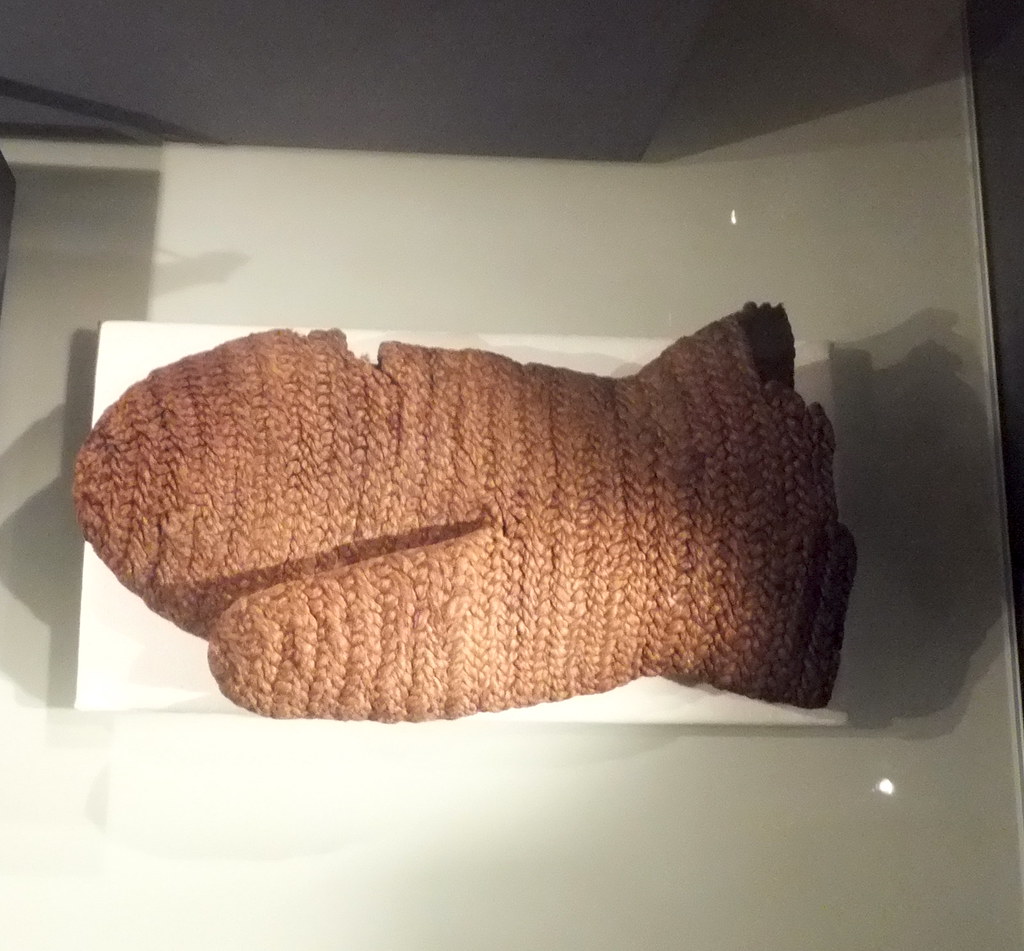One of the joys of visiting my parents is the gentle drift of books which covers the house. The drifts especially tend to settle near the sunniest chairs in the house, at bedside tables, and (to a lesser extent) on actual bookcases. At the drift by the kitchen armchair, I recently picked up May Sarton's The House by the Sea, and began reading. Ten days into my visit and I have finished the book.
Sarton (1912-1955) was a prolific American poet, novelist, and journal-writer; she reminds me rather of another American writer, Madeline L'Engle, in that there could be a great divide between the person she was in her journals and the person her friends and biographers saw. She was complex and contradictory--unsatisfied with her level of critical acclaim yet irritated by fans who sought her out; incessantly insistent on her need for solitude yet constantly surrounded by people. Even with the information that she was not who she appeared to be, I found many passages in her work that resonated with me.
Here are some of these.
 |
| 25 December 2021 |
On Aging
Among the letters today were two from strangers--one from England to thank me for As We Are Now. "I am very old, nearly ninety-one, but I am most happily placed. My own dread is that I might find it necessary to go into an old people's home. At present I am in my beloved old farmhouse, restricted to driving in a radius of just three miles, very deaf, very lame, but with sight just as good as ever. So I live largely in books. I still do a little mild gardening, perched on a stool. Life owes me nothing. I've had pretty well everything I ever wanted--my share of trouble, of course. But one gets overcharged with experience." (Saturday, February 8th, four P.M., 1975 p 72).
It seems like a very English letter somehow, as well as an admirable way of being in the world. 'Life owes me nothing.'
In the House by the Sea, Sarton remarks repeatedly on the fact that old age is not a monolithic experience. As she noted on Thursday, January 22nd 1976,
There are as many ways of growing old as of being young, and one forgets that sometimes. (p 193)and she observed with pleasure the freedom that aging might bring.
One of the good elements in old age is that we no longer have to prove anything, to ourselves or to anyone else. We are what we are. (Tuesday, February 3rd, 1976, p 198)
 |
| 19 December 2021 |
On Housework
I want to think about saints, who they are and who they are not, as far as I am concerned. In the first place, people who want to be saints very rarely are in my experience...the chief problem women have, even now, is that they have to be both Mary and Martha most of the time and these two modes of being are diametrically opposite. (Sunday, January 19th, 1975 p 56-7)
And a year later, she was still reflecting on the antithesis she saw between household tasks and artistic creation.
...it is this repetitiveness that makes housework as dulling [Sarton was writing about a friend who had decided to quit work at a marina]--no sooner are the dishes washed than it's time to get a new meal. The great thing with any creative work is that it is never repetitive. The problems are always fresh, one is never bored, and it is the same with teaching, I found. What makes the academic world so stultifying is not the teaching, but all the committee work, the politics, and playing for position. The "organization man" in the college world is what makes it deadly. (Monday, January 19th, 1976 p 188)
 |
| 21 December 2021 |
On Becoming Oneself
Peace does not mean and end to tension, the good tensions, or of struggle. It means, I think, less waste. It means being centered. (Tuesday, January 6th, 1976 p 177)
One would expect her to have argued that the self-realised artist must live a life apart, but in contrast Sarton argued that 'discipline and routine' were important for the tasks of finding oneself:
One does not find oneself by pursuing one's self, but on the contrary by pursuing something else and learning through some discipline or routine (even the routine of making beds) who one is and wants to be. (Thursday, January 8th, 1976 180)
This seems to be like the romanticizing of a woman who did not, in fact, have to make multiple beds every morning, but the point--that one finds oneself by pursuing something else--rings very true for me.
 |
20 December 2021 |
On Publication
It is no good at twenty-three to produce a story or two in a year. A talent grows by being used, and withers if it is not used. Closing the gap between expectation and reality can be painful, but it has to be done sooner or later. The fact is that millions of young people would like to write, but what they dream of is the published book, often skipping over the months and years of very hard work necessary to achieve that end--all that, and luck too. We tend to forget about luck.' (Monday, May 3rd, 1976 p 244)
While I don't agree with any writing advice that refers to a One True Way, my own experience of attempting to pursue academic publication and success makes this advice to be realistic and work hard very resonant for me. Also, I absolutely adore this passage comparing the process of becoming a published poet to growing a garden:
Gardening is like poetry in that it is gratuitous, and also that it cannot be done on will alone. What will can do, and the only thing it can do, is make time in which to do it. Young poets, enraged because they don't get published right away, confuse what it will do and what it can't. It can't make a tree peony grow twelve feet in a year or two, nand it can't force the attention of editors and publishers. What it can do is create the space necessary for achievement, little by little.' (Sunday, June 6, 1976, p 265)
 |
| 22 December 2021 |
On Solitude
Perhaps one must always feel absolutely naked and abandoned and desolate to be ready for the inner world to open again. Perhaps one has to dare that. This morning I feel better for having let the woe in, for admitting what I have tried for weeks to refuse to admit--loneliness like starvation. (Sunday, February 8th, 1976 p 203)
I find Sarton most compelling on solitude when she is engaging with what other people have to say abut it. This passage on being in the kitchen alone is particularly resonant for me:
I have been meaning to note something Charlotte Zolotov said in a letter the other day...'A lot of poetry of living, especially alone, takes place in the kitchen'...The poetry, perhaps, is in making something quietly without the anguish and tension of real creation. Often I am very tired when I have to cook my dinner, especially on these days of fierce work in the garden. But always, once I get started, I feel peace flow in and am happy.' (Thursday, October 16th, 1975 p 160)
Interesting to see Sarton once again thinking of creative work in domestic terms, but drawing a hard bright line between which of the two is 'real work' and which of the two is not. The age-old tension of feminism, still alive and well into this century of the millennium.
And finally, an absolutely delightful passage, once again proving that I find Sarton most compelling when she journals about someone else's words. This makes me think of several people I love when they are interrupted at a moment of concentration:
...I came on this in Rosten's People I Have Loved, Known or Admired. He is speaking of Babbage, a crotchety Cambridge professor who invented computers: "The moment he heard an organ-grinder or a street singer, he would run out of his house and give chase, with homicidal intent. He just went wild if anyone disturbed his inner, furious peace." (underlining mine). The phrase is so exact! (Sunday, July 27th, 1975 p 124)
First of all, don't you want to begin to read a book with a title of People I Have Loved, Known or Admired right away? It promises good things. Secondly, like Sarton, I find the description too perfect for words: he just went wild if anyone disturbed his inner, furious peace.
 |
| 20 December 2021 |








